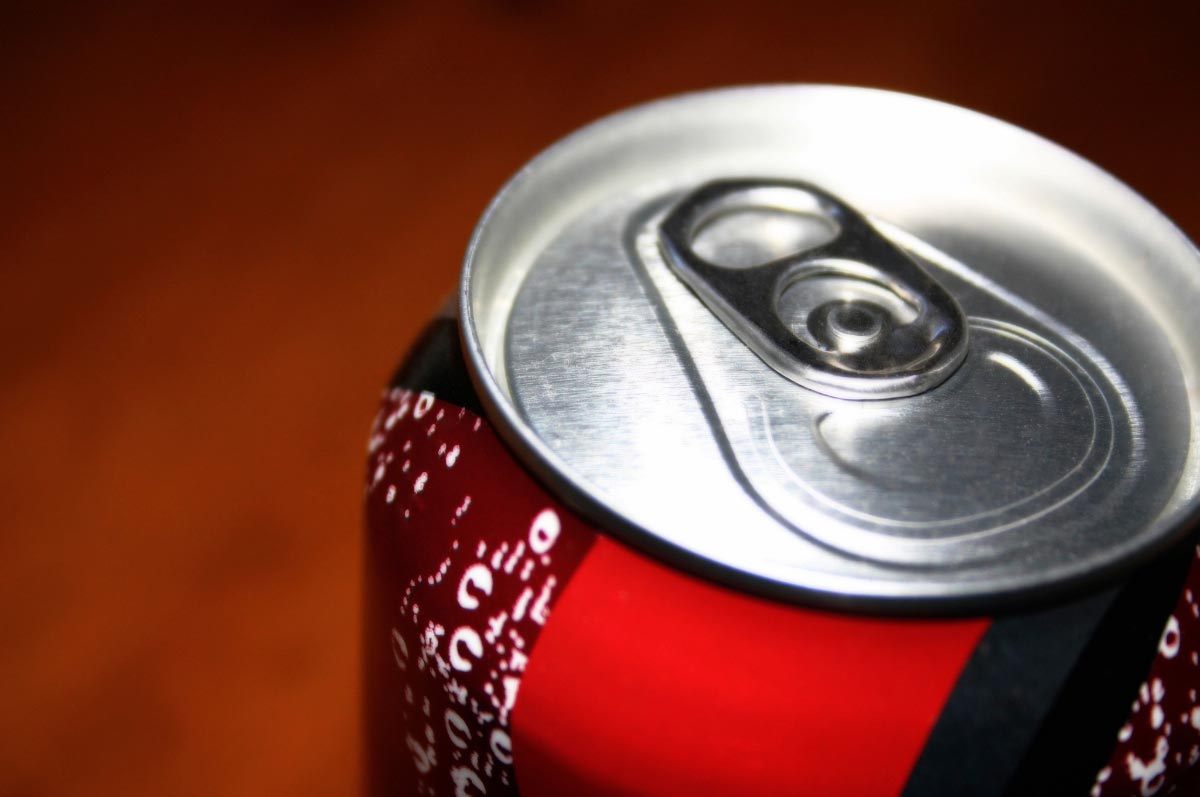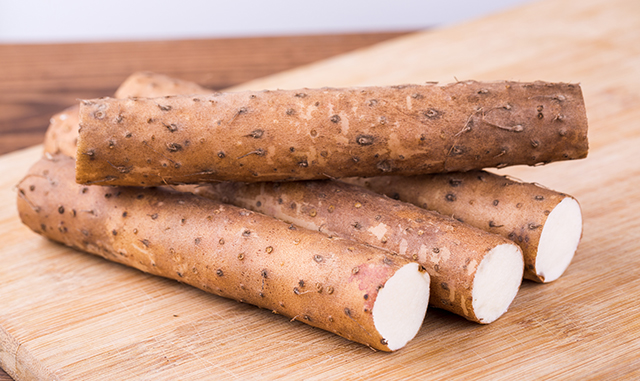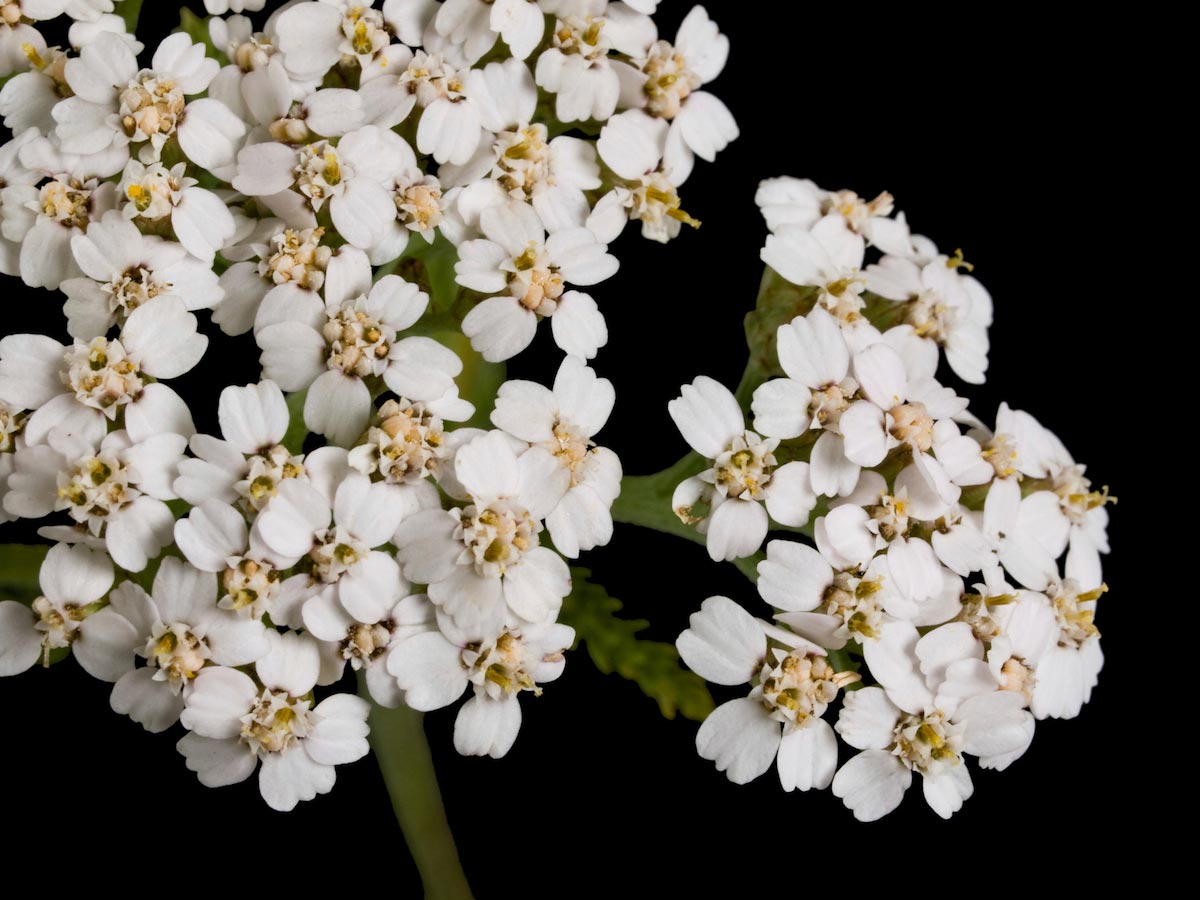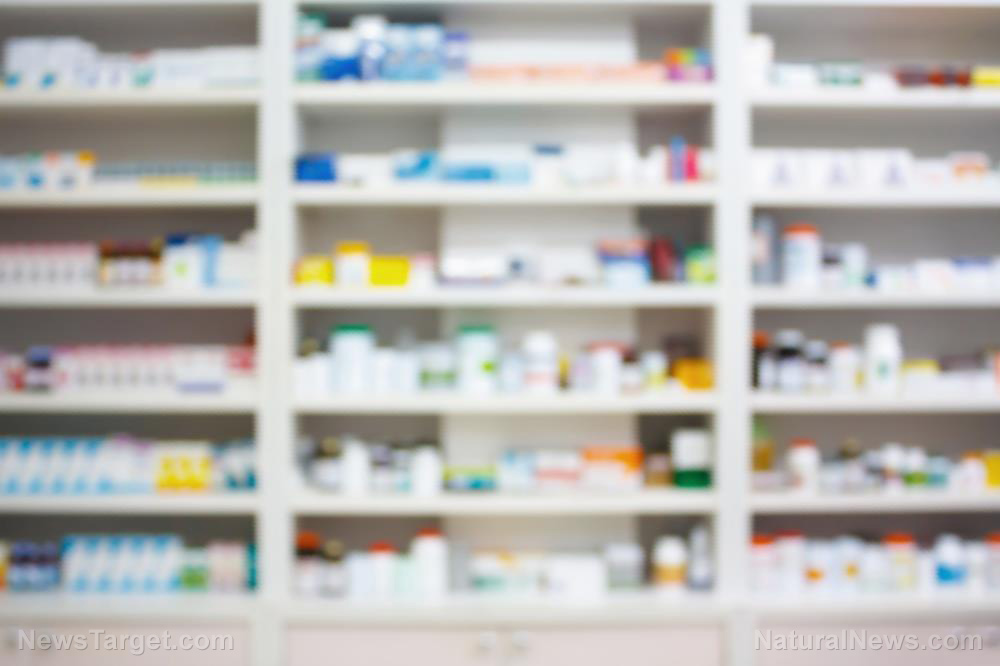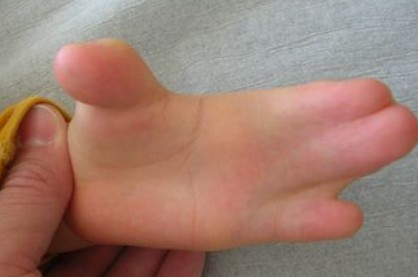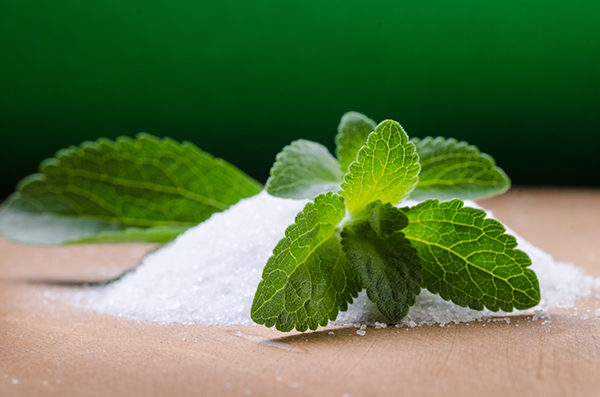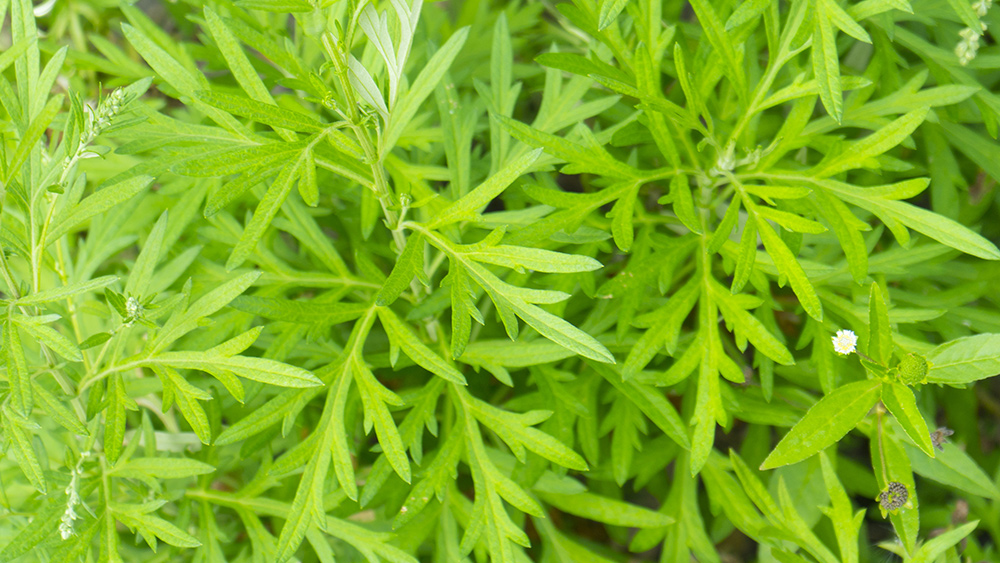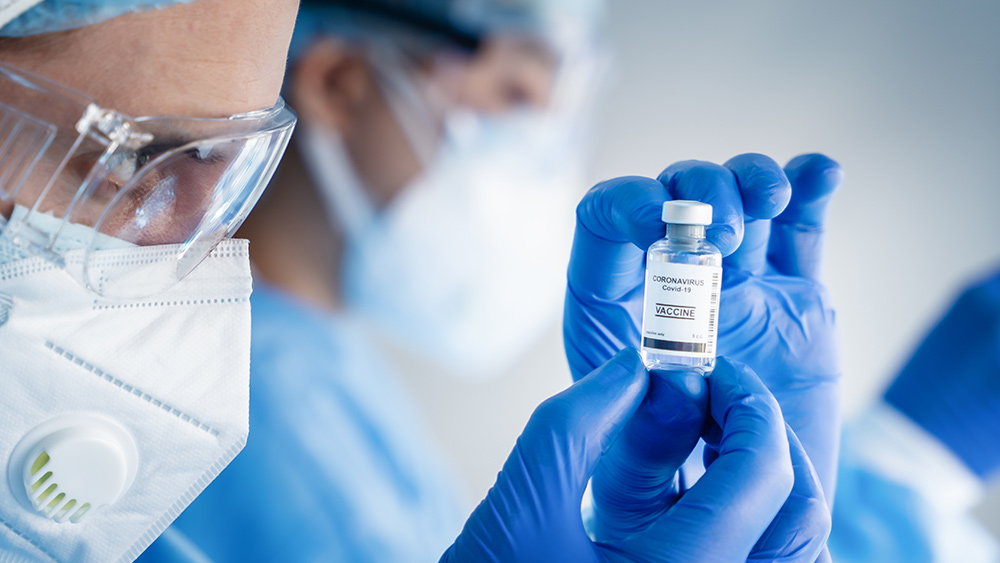Doomsday Prepping DOES NOT MEAN stocking your medicine cabinet with pharma products, but rather natural medicines that actually work
07/21/2025 / By S.D. Wells
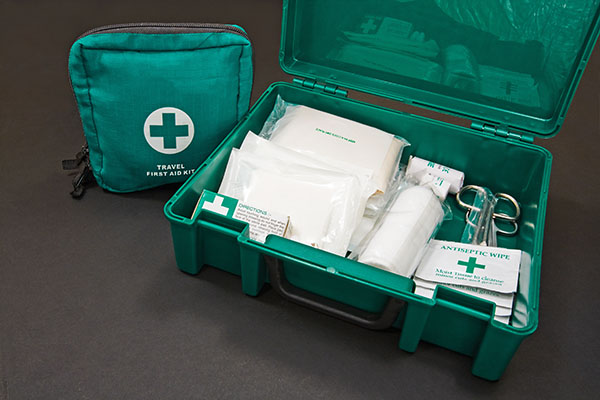
In a world that’s increasingly becoming vulnerable to disasters — be it natural catastrophes, societal breakdown or apocalyptic scenarios — medical emergencies won’t wait for the return of normalcy. When hospitals are inaccessible and pharmacies shut down, having a well-prepared medicinal stockpile becomes not just important, but potentially life-saving.
- Build a versatile over-the-counter (OTC) arsenal with essentials like pain relievers, antihistamines, anti-diarrheals, antacids, cold/flu meds, and electrolytes to manage common ailments when healthcare access is lost.
- Secure vital prescription medications including antibiotics, chronic condition drugs (like insulin and asthma inhalers), and limited-use anti-anxiety aids while exploring legal, alternative methods to stockpile hard-to-get meds.
- Assemble a comprehensive first aid kit featuring bandages, antiseptics, gloves, tourniquets, wound closure supplies, splints, and burn care tools to address injuries that could become deadly without prompt care.
- Include herbal and natural remedies like echinacea, garlic, aloe vera, ginger, and essential oils as backups or supplements to modern medicine, especially when pharmaceutical supplies are limited or unavailable.
Doomsday-proof medicinal stockpile: What you need to survive a medical crisis
A comprehensive supply of over-the-counter (OTC) drugs, prescription medications, first aid essentials and herbal remedies can help you safeguard your health and that of your loved ones when modern healthcare is no longer an option.
Over-the-counter essentials
Your emergency medical kit should start with widely available OTC medications that address common ailments:
- Pain Relievers: Stock both acetaminophen (Tylenol) for fever and ibuprofen (Advil) for inflammation. Having both provides flexibility in treating different types of pain and illness.
- Antihistamines: Diphenhydramine (Benadryl) is vital for allergic reactions and insect bites, while loratadine (Claritin) helps manage allergies without drowsiness.
- Anti-Diarrheal: Loperamide (Imodium) helps prevent dehydration due to diarrhea—a potentially deadly condition in crisis situations.
- Antacids: Medications like Tums or Ranitidine relieve indigestion and heartburn, common during stress or poor diet.
- Cold & Flu Remedies: Items like pseudoephedrine (Sudafed) and guaifenesin (Mucinex) help manage respiratory illness symptoms.
- Electrolytes: Oral rehydration salts or electrolyte powders are crucial for combating dehydration caused by illness or heat.
Prescription medications
Stockpiling prescription meds is challenging but critical, especially for those with chronic conditions:
- Antibiotics: Having emergency antibiotics like amoxicillin or doxycycline on hand can prevent minor infections from becoming fatal. Fish antibiotics are sometimes used as an emergency alternative — but these must be taken with caution.
- Chronic Condition Meds: Diabetes, asthma and blood pressure patients must work with doctors to secure a 90-day or longer supply. Insulin, inhalers and antihypertensives are irreplaceable for those who need them.
- Anti-Anxiety & Sleep Aids: Stress and sleep deprivation are major issues during crises. Prescription medications like diazepam can offer temporary relief, though they should be used sparingly.
Creative solutions exist for securing extra prescriptions. For example, one individual legally found a way to obtain surplus insulin in Texas — a method that may also apply to other medications. Thinking outside the box could be essential to long-term survival.
First aid supplies
A robust first aid kit is vital for treating injuries that could otherwise become life-threatening:
- Bandages, gauze, antiseptics, sterile gloves, tourniquets, butterfly strips, suture kits, splints, slings, and burn care supplies should all be part of your emergency arsenal.
Herbal remedies & natural alternatives
When modern drugs are unavailable, natural options can help:
- Echinacea boosts immunity, ginger eases nausea, papaya seeds fight parasites, and garlic serves as a natural antibiotic.
- Lavender and peppermint oils soothe anxiety, promote sleep, and relieve headaches. Aloe vera soothes burns and cuts, while turmeric acts as a natural anti-inflammatory.
Building a doomsday-proof medicinal stockpile isn’t just about fear — it’s about preparedness. When healthcare is out of reach, your survival may depend on what you’ve prepared in advance. Start building your stockpile today and gain peace of mind for whatever the future holds.
Tune your apocalypse dial to Preparedness.news for updates on real news about surviving the upcoming doomsday events by prepping with all the best natural remedies and storable organic food.
Sources for this article include:
Submit a correction >>
Tagged Under:
alternative medicine, Antibiotics, apocalypse, disaster, emergency medicine, first-aid kit, herbal medicine, Herbs, homesteading, medicinal stockpile, natural cures, natural medicine, off grid, preparedness, prepper, prepping, remedies, SHTF, survival, tips
This article may contain statements that reflect the opinion of the author



